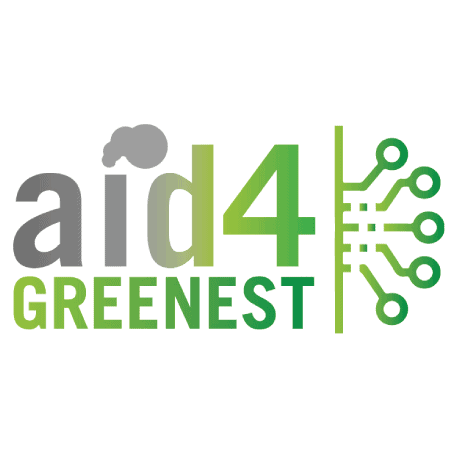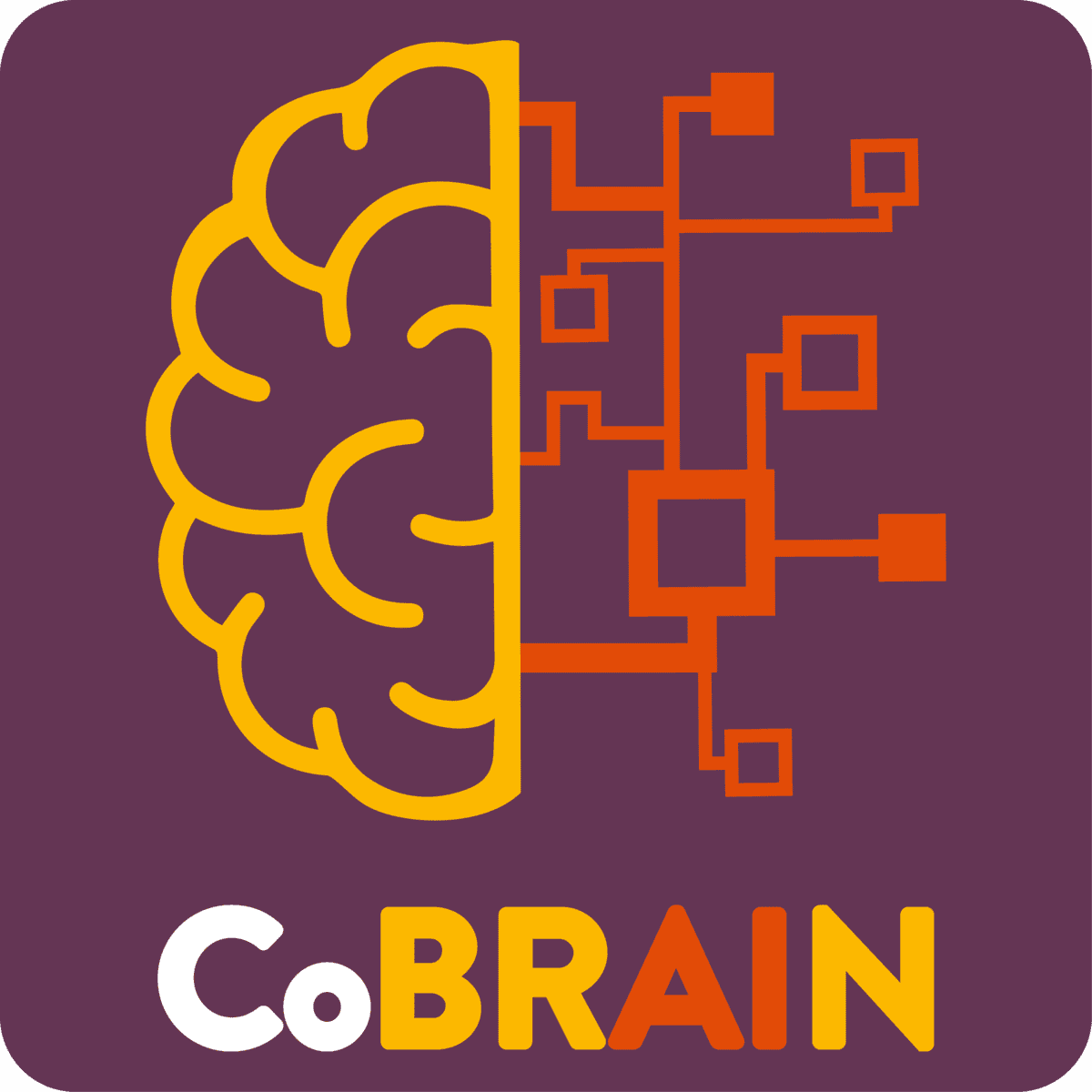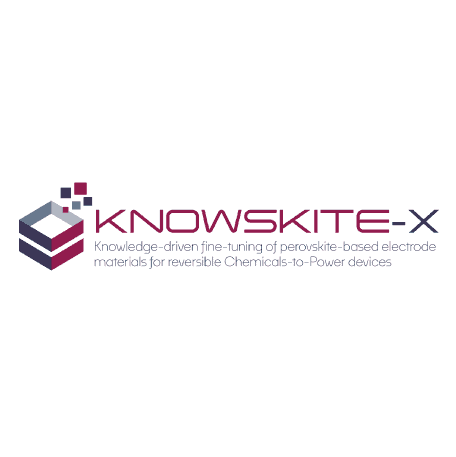Collaborations

AiMPACT (Sister Projects)

AddMorePower
AddMorePower‘s mission is to overcome the limitations currently present in the power GaN, SiC, and related Cu metallisation technologies, increase EU shares in power semiconductor production and enabling a more resilient European power electronics industry that will provide a solution to the emerging area of wide bandgap power semiconductors. In particular, AddMorePower aims to advance X-ray and electronprobe related characterisation techniques as well as modelling approaches for new wide bandgap power semiconductor materials and 3D integrated power technologies. Having the biggest European power semiconductor company being part of the consortium, the use-cases Power GaN and Power Cu as demonstrators for novel X-ray and electron-probebased characterisation will provide the clearest pathway to impact, targeting a resilient and sustainable value chain for EU industrial ecosystems in support of the twin green and digital transformations. The AddMorePower consortium consists of ten highly qualified partners from five countries (Germany, Austria, France, Czech Republic and Belgium).

AID4GREENEST
The main objective of AID4GREENEST is to develop six new AI-based rapid characterisation methods and modelling tools. AID4GREENEST tools’ scope will cover steel design (chemistry and microstructure), process design (processing parameters), product design (processing and heat treatments), and product performance (creep) stages. The proposed tools will be complemented with a roadmap designed to enable model-based innovation processes, from materials design to product development, while considering industry needs: enhanced material quality, reduced carbon emissions and waste generation, and reduced supply risk of critical raw materials. The European Horizon funded project, AID4GREENEST consists of a multidisciplinary team of 10 partners from 4 European countries (Spain, Belgium, Finland, Germany) with extensive experience in AI/ML tools development and implementation and in activities related to the steel industry, such as production, materials properties characterisation and modelling.

CoBRAIN
The CoBRAIN project aims to pioneer wear and corrosion-resistant coatings through thermal spraying. By combining experimental and computational datasets, the partners will empower Deep Learning algorithms to guide decision-making in industrial component development. The Sustainable Decision Support System proposes novel materials alternatives, including High Entropy Hard metals, for 3 Thermal Spraying techniques. The project applies a groundbreaking approach to understanding corrosion mechanisms in Thermal Spray.

D-STANDART
The D-STANDART objective is to develop fast and efficient methods to model the durability of large-scale composite structures with arbitrary lay-ups under realistic conditions (loads, environment), making use of Artificial Intelligence (AI) surrogate models. Advanced composites play a crucial role in efforts to achieve a carbon-neutral future. They enable lightweight and therefore energy-efficient structures in high-performance industries like aerospace and wind energy. The increasing use of large composite structures and the drive to minimise weight also raises the question of their damage tolerance and durability, which, despite the progress in computational capabilities, is still assessed using imprecise and time-consuming techniques. Accurate and reliable fatigue and durability assessment is therefore necessary to ensure the long-term integrity of these light-weight structures that are needed for a climate-neutral and sustainable future. Hence the D-STANDART objective. Two use cases have been selected to validate the new fatigue and durability assessment approach. They reflect typical structural components found in the aerospace and renewable energy sectors. Furthermore, circularity and sustainability will be assessed via dedicated life-cycle assessment, life-cycle costing, and cost-benefit analysis. D-STANDART involves nine partners from four countries.

KNOWSKITE-X
KNOWSKITE-X aims to revolutionise energy storage with its innovative approach to developing electrode materials for reversible chemical-to-power cells. By harnessing intermittent renewable energy sources and storing surplus energy as carbon-free chemical fuel, KNOWSKITE-X contributes to the integration of sustainable energy into the electrical grid. Focusing on mixed oxides with perovskite structures, the project minimises critical content while maximising performance and economic viability. Leveraging cutting-edge technologies such as Artificial Intelligence (AI), KNOWSKITE-X combines advanced materials preparation, innovative characterisation methods, multi-scale modelling, and AI-enabled tools to accelerate the discovery of optimised electrode materials for energy applications. This project is funded under Horizon Europe and brings together 11 partners from 7 European countries.

Project Cluster
Led by DOME 4.0
DOME 4.0
The EU-funded project DOME 4.0 aims to create an industrial data ecosystem that facilitates business-to-business (B2B) data sharing. By adhering to Open Science and Open Innovation principles, DOME 4.0 enables the generation of value and the development of new or enhanced products, processes, and services. The project showcases real-world examples with industrial relevance in the materials and manufacturing domains of the Digital Open Marketplace Ecosystem focusing on areas such as smart manufacturing, virtual development of composite materials, chemistry knowledge graphs, lightweight construction, polymer additives for corrosion protection, Structural Adhesives: Fatigue Life, Production Equipment and Service Catalogues, Turnkey Services and Custom Workflows Integrating Simulations & Data and on Formulated Consumer Products. Its unique offerings include fostering wider market impact, stakeholder engagement, and community aggregation within the DOME 4.0 ecosystem. Additionally, the project’s MARKETPLACE, allows secure data exchange among stakeholders. Visitors can explore the comprehensive knowledge platform Lhumos, which provides educational materials related to various domains covered by DOME 4.0.

OntoTrans
OntoTrans provides an intelligent system that uses machine learning and semantic reasoning to enable end users to represent challenges in their manufacturing process in a standard ontological form and to connect them with relevant information sources and materials modelling solutions. This approach optimises materials and process design, making the manufacturing industry more adaptive and competitive. OntoTrans provides smart targeted guidance through the whole translation process: from the initial innovation case specification to actual materials modelling workflows with related validation, verification and uncertainty quantifications to deliver a complete experience to companies.
OpenModel
The MUSICODE project is creating a unique Open Innovation Platform for Materials Modelling. The application area is Organic Electronics, for which the required modelling spans all length scales (electronic to continuum) and physics (quantum to fluid dynamics). The MUSICODE platform is a single-entry point for the industrial non-expert user, linked with data, protocols, editing tools, pre-templated modelling workflows and HPC facilities. It enables insight of how chemical structure, materials formulations, and process (gas/wet phase) conditions affect organic material properties and device performance. The MUSICODE platform offers key innovations on several levels, such as workflow design, data handling, software integration, HPC resource management, etc, with the aim to make materials modelling accessible and user-friendly for industry.

MUSICODE
The MUSICODE project is creating a unique Open Innovation Platform for Materials Modelling. The application area is Organic Electronics, for which the required modelling spans all length scales (electronic to continuum) and physics (quantum to fluid dynamics). The MUSICODE platform is a single-entry point for the industrial non-expert user, linked with data, protocols, editing tools, pre-templated modelling workflows and HPC facilities. It enables insight of how chemical structure, materials formulations, and process (gas/wet phase) conditions affect organic material properties and device performance. The MUSICODE platform offers key innovations on several levels, such as workflow design, data handling, software integration, HPC resource management, etc, with the aim to make materials modelling accessible and user-friendly for the industry.

NanoMECommons
NanoMECommons will establish a transnational and multidisciplinary research and innovation network to tackle the problem of nanomechanical materials characterisation in multiple industries. The focus of NanoMECommons is to employ innovative nano-scale mechanical testing procedures in real industrial environments, by developing harmonised and widely accepted characterisation methods, with reduced measurement discrepancy, and improved interoperability and traceability of data. To achieve this goal, NanoMECommons will offer protocols for multi-technique, multi-scale characterisations of mechanical properties in a range of industrially relevant sectors, together with novel tools for data sharing and wider applicability across NMBP domain: reference materials, specific ontologies and standardised data documentation.

CHARISMA
The CHARISMA Project (Characterisation and HARmonisation for Industrial Standardisation of Advanced MAterials) is set to harmonise Raman Spectroscopy for characterisation across the life cycle of a material, from product design and manufacture to lifetime performance and end-of-life stage. The project will demonstrate the feasibility of its concept in three industry cases. In the long term, it aims to make Raman spectroscopy a widespread technology used within the Industry Commons concept.

